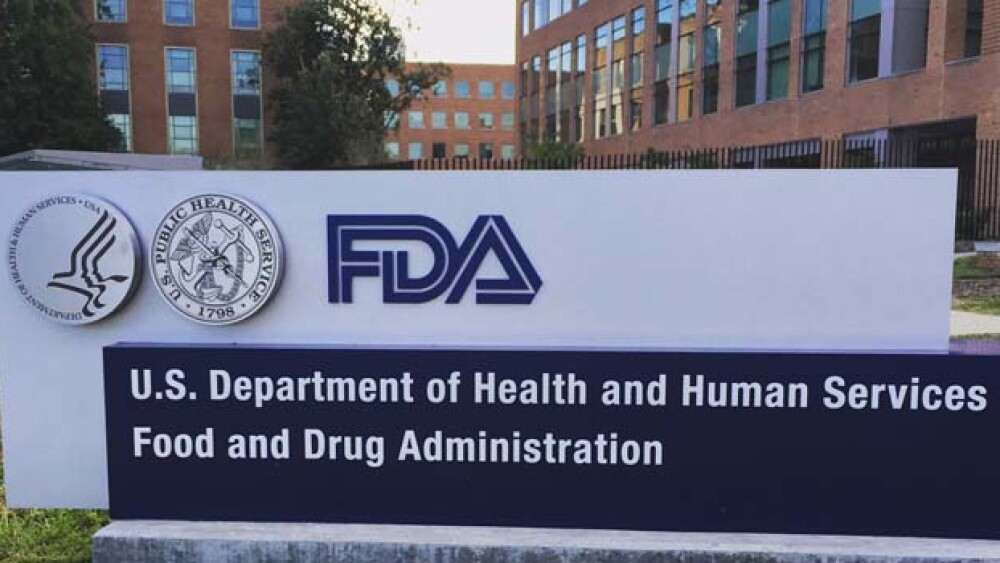As the U.S. Food and Drug Administration begins to take aim at updating its 40-year-old draft guidance on drugs that treat major depressive disorder (MDD), three drugmakers with key business in that space are raising some concerns.
As the U.S. Food and Drug Administration (FDA) begins to take aim at updating its 40-year-old draft guidance on drugs that treat major depressive disorder (MDD), three drugmakers with key business in that space are raising some concerns.
Janssen, Takeda Pharmaceutical, and Lundbeck each expressed their concerns regarding the proposed changes, the Regulatory Affairs Professional Society (RAPS) reported Monday.
In June, the FDA announced its intentions to update the draft guidance for drugs that treat MDD. The guidance had not been updated since the 1970s. When it released the draft guidance proposal, the FDA said the guidance would specifically address the agency’s “current thinking regarding the overall development program and clinical trial designs for antidepressant drug products.” In the draft guidance, the FDA said it intended to look at the onset of action in drugs that patients take to treat their symptoms of MDD. The FDA said the guidance should address whether or not a particular drug development program is being pursued for short-term or long-term use. Additionally, the FDA noted that clinical trial design and the subsequent regulatory issues could differ for antidepressants drugs currently in development that are considered “fast-acting.” The FDA said the guidance is being updated to include modern evaluations, trial designs and endpoints, as well as diagnostic tools.
This week, the three companies each raised some concerns over the new draft outline.
Danish drugmaker Lundbeck, RAPS reported, asked the FDA to “refrain from classifying antidepressants based on the timing of their onset of effect.” Lundbeck told the agency that those classifications could be addressed in the labeling on the prescription.
Janssen, part of the Johnson & Johnson family, had concerns over the classification the FDA proposed for partial responders and non-responders in treatment-resistant depression (TRD). The FDA said those patients who have not responded to prior treatments should be enrolled in TRD studies, according to the draft guidance document. The FDA said those patients should be randomized to either the new treatment or continue on the one antidepressant that they failed to respond to in such trial cases.
In its response to that proposal, Janssen asked the FDA to “consider an alternative approach, in which the study design and study populations are based on the pharmacological properties of the study drug and relevant clinical data,” according to RAPS. Janssen added that while the draft guidance focuses on MDD, some of the issues may be applicable to other types of depression studies.
“Recognizing recruitment challenges and high unmet need for safe and more effective treatments for pediatric and adolescent patients with major depression, Janssen requests the Agency to consider innovative approaches and flexibility in the required number of adequate and well-controlled short-term clinical studies in these patient populations,” the drugmaker said, as cited by RAPS.
Takeda likewise asked the FDA to address trial flexibility in treatment-resistant patients. The Japan-based pharma giant also suggested the FDA draft guidance should address “development strategies for “for an antidepressant to demonstrate an effect on specific symptoms.”





